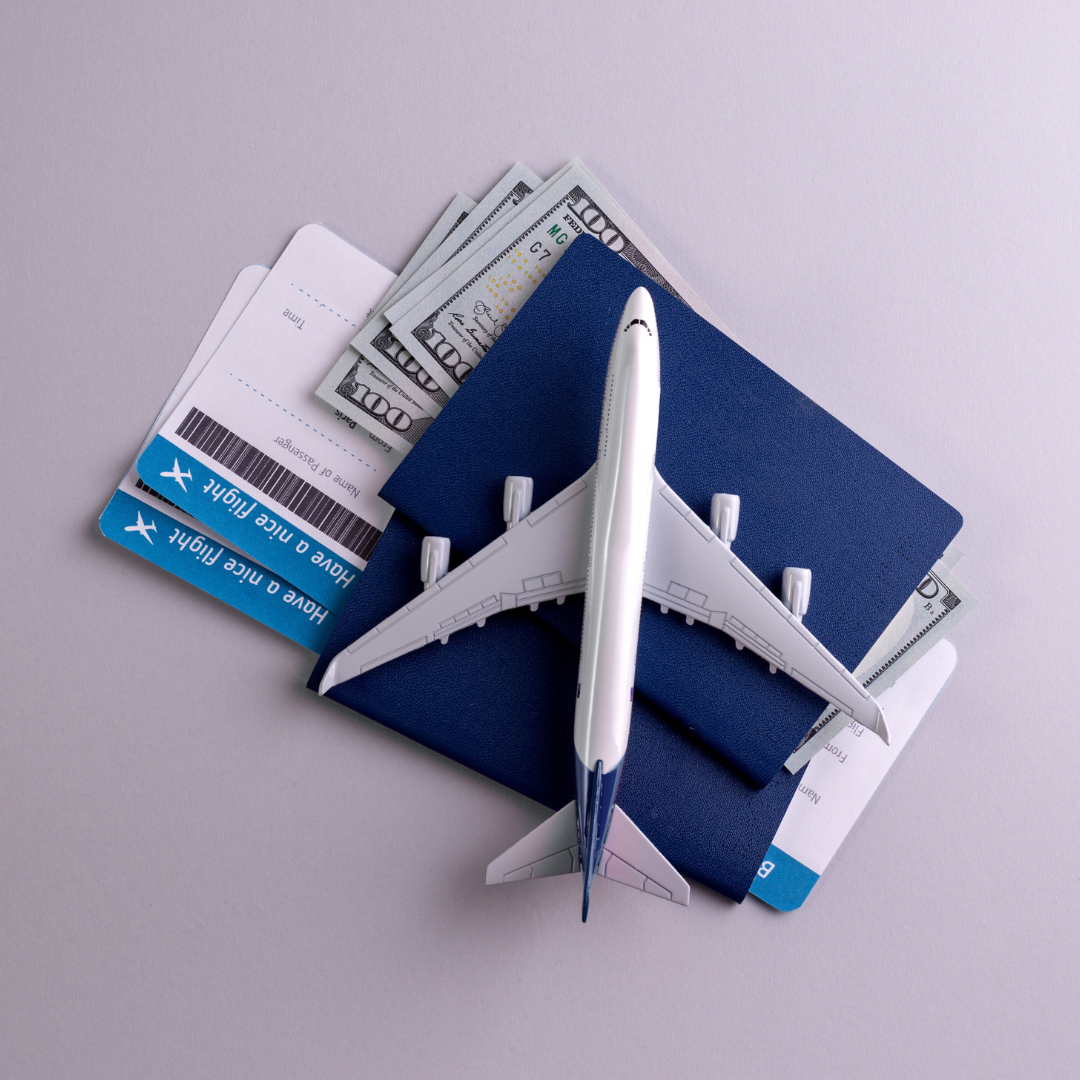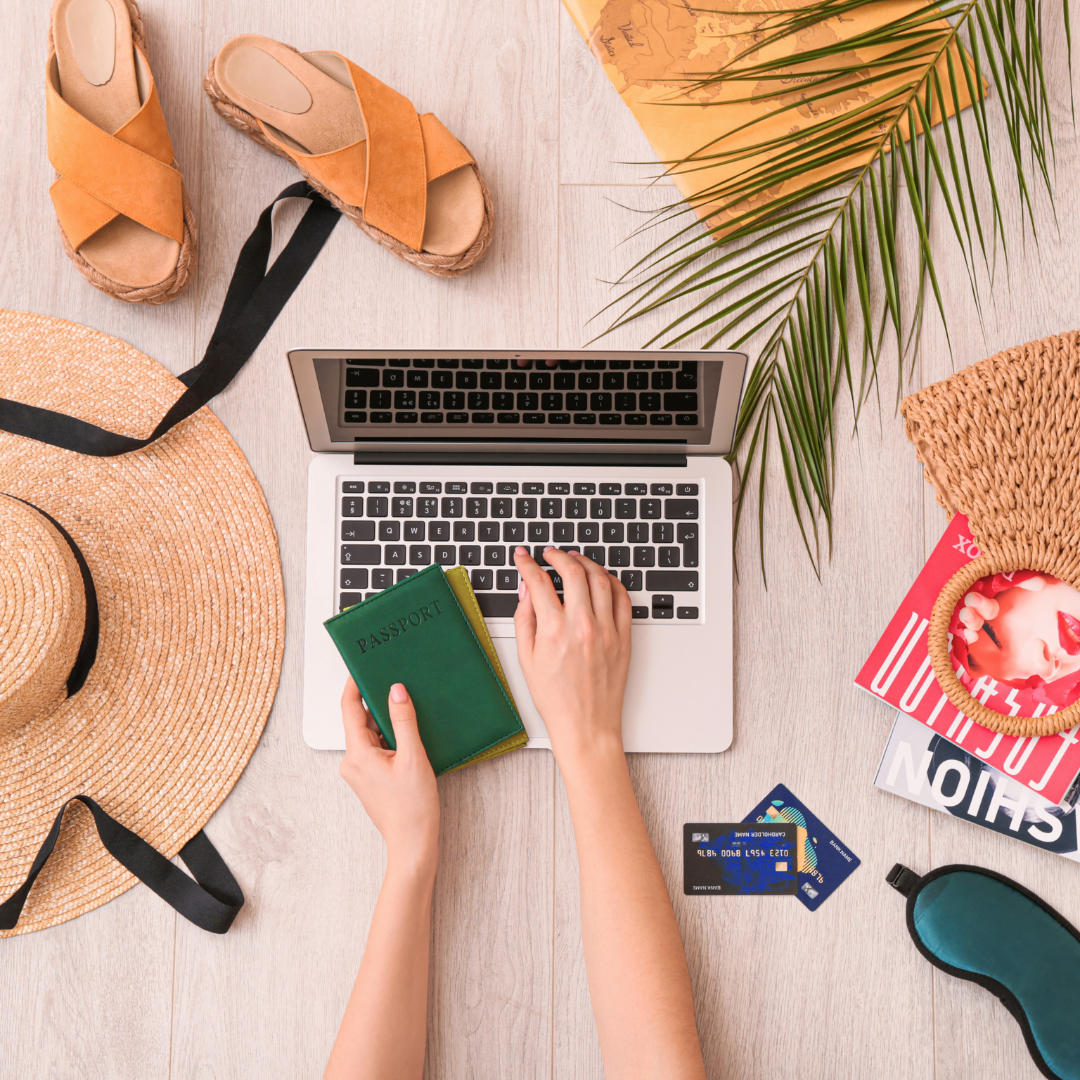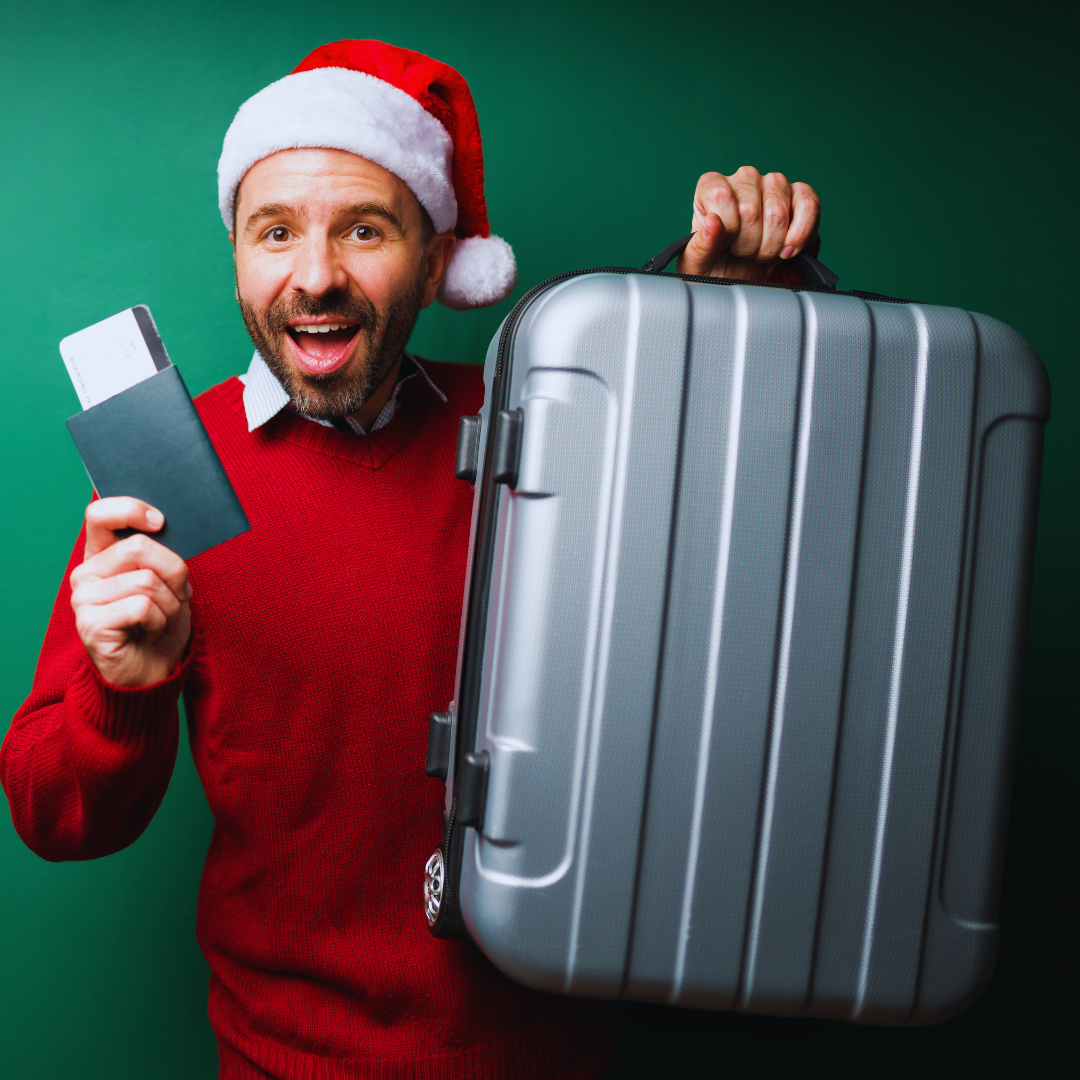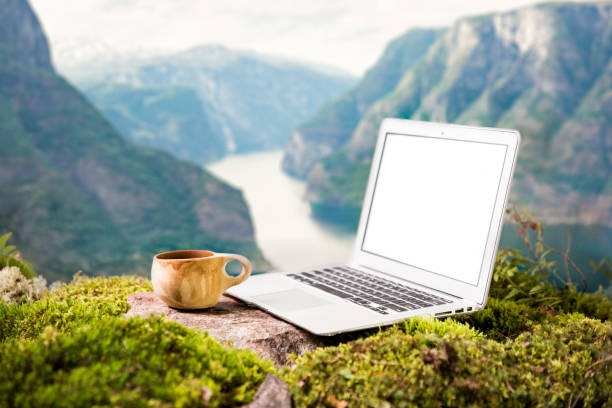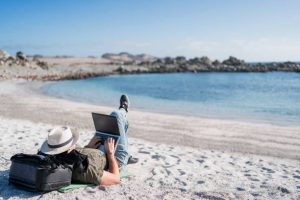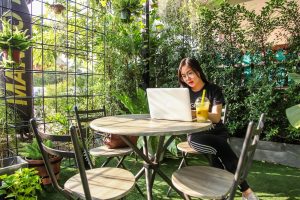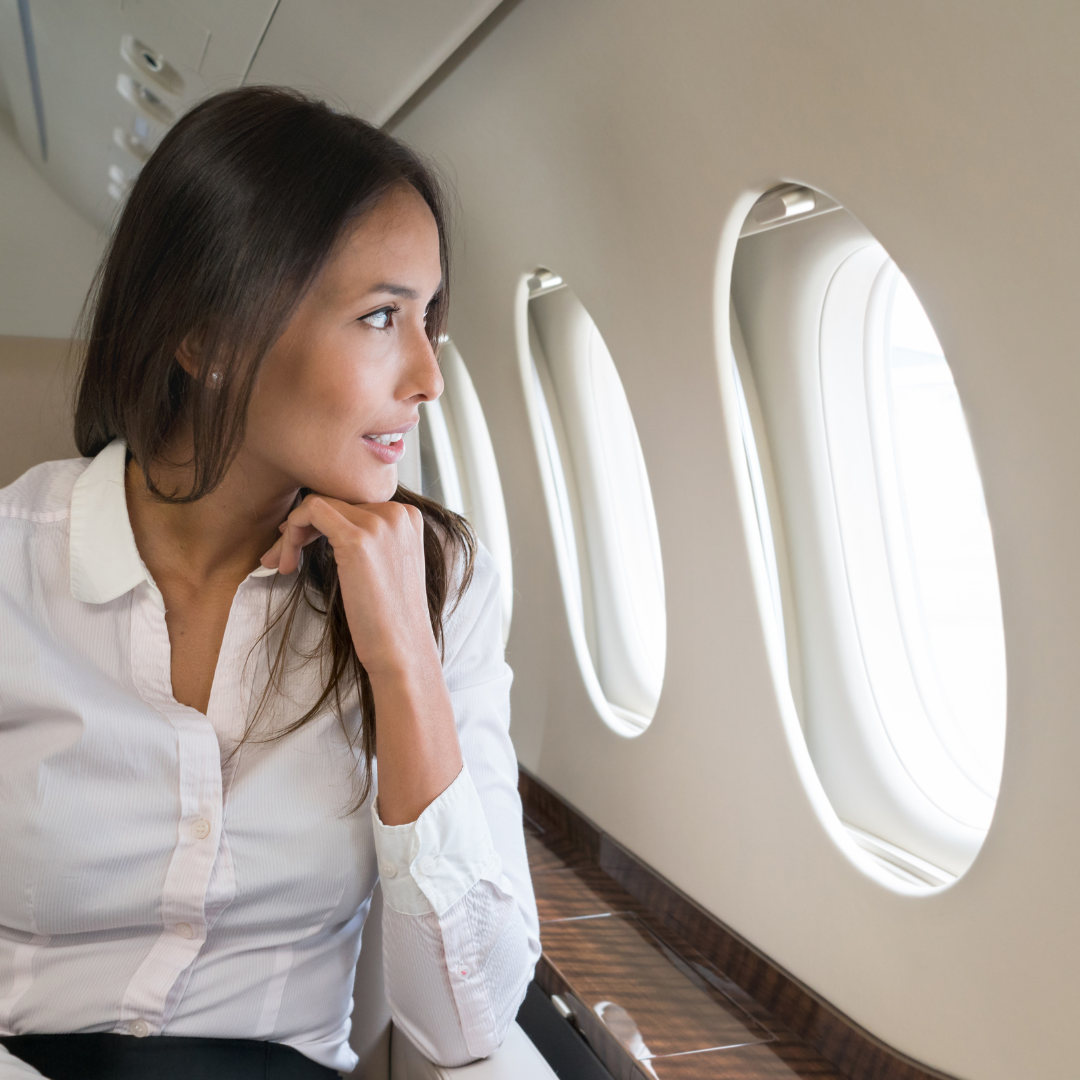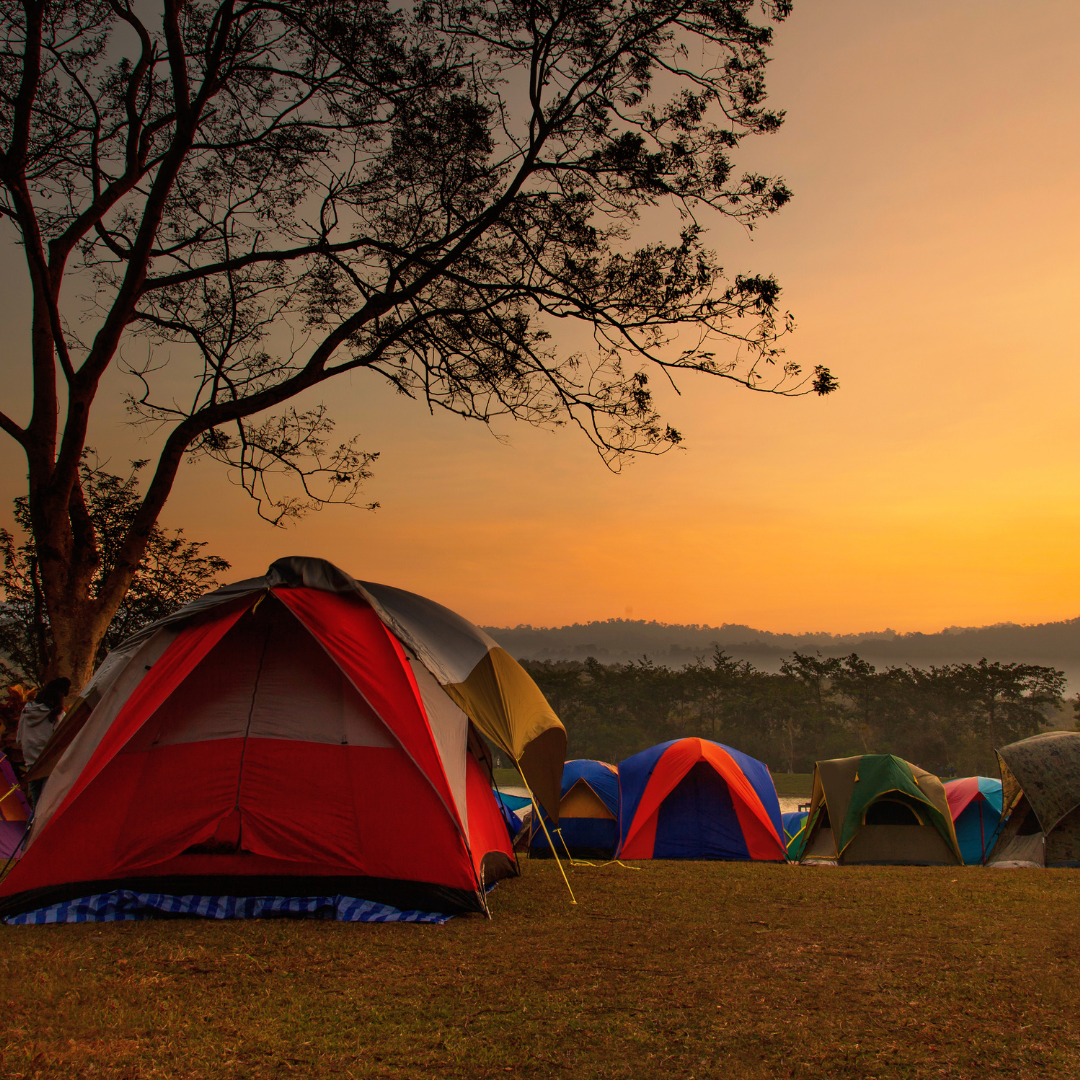How Early Should You Book Flights and Accommodation to Save Money? Insights and Tips
Timing plays a crucial role in travel budgeting. To secure the best deals on flights and accommodation, it is generally advisable to book at least three to six months in advance. This advance planning allows travellers to take advantage of promotional fares and avoid inflated last-minute prices.
The earlier one books, the wider the selection of options available. This can translate to not only lower prices but also a greater variety of flight times and accommodation types, which enhances the travel experience. Last-minute bookings can lead to limited choices and higher costs, as airlines and hotels often raise prices when demand increases closer to the departure date.
Understanding the optimal booking windows can significantly impact the overall cost of a trip. Many experts recommend monitoring prices over time to identify trends, allowing travellers to strike when conditions are most favourable.
When To Book Flights For The Best Prices
Timing is essential when it comes to booking flights to secure the best prices. Several factors influence when a traveller should make a reservation to maximise savings.
The Ideal Booking Window For Flights
Experts recommend booking flights approximately two to three months in advance for domestic travel and three to five months ahead for international trips. This timeframe allows travellers to benefit from lower prices, avoiding last-minute surges.
For peak seasons, such as summer holidays and festive periods, it’s advisable to book even earlier. Prices generally spike closer to departure dates due to increased demand, making early reservations beneficial.
According to various studies, booking flights about 70 days in advance can yield some of the cheapest flights available. Using tools like Google Flights can help identify the best times to book.
Influencing Factors On Flight Prices
Several factors impact flight prices, including:
- Seasonality: Prices fluctuate based on holidays, school vacations, and peak tourist seasons.
- Day of the Week: Tuesdays and Wednesdays often feature lower fares compared to weekends.
- Time of Booking: Booking early generally results in lower prices; last-minute deals are less reliable.
Airlines frequently adjust prices based on demand and availability. Understanding these patterns can aid in making informed decisions on when to purchase tickets.
Monitoring Price Changes And Alerts
Tracking flight prices is crucial for securing economical options. Services like Google Flights offer price alerts to notify travellers when prices drop or rise for specific routes.
Travellers can take advantage of this feature by setting up alerts weeks in advance. By monitoring these changes, they can choose the optimal time to book and ensure they benefit from lower fares.
In addition, considering multiple airlines and flexible travel dates can enhance the chances of finding better deals. Keeping abreast of seasonal sales and flash deals also aids in identifying cost-effective options.
Saving Money On Accommodation Bookings
Securing accommodation at the right price requires strategic timing and research. By reserving early and staying informed about discounts, travellers can significantly reduce their overall holiday expenses.
How Early To Reserve To Get The Lowest Rates
Booking accommodation well in advance often leads to lower rates. Generally, reserving around three to six months ahead can yield the best prices, particularly for popular destinations during peak seasons.
Many hotels and rental services offer discounts for early bookings. For example, a 20% discount might be available when reserving three months in advance. Conversely, last-minute bookings can result in inflated rates.
Here’s a guideline:
| Booking Time Frame | Potential Discount |
| 6 months in advance | Up to 30% |
| 3 months in advance | 15-20% |
| 1 month or less | 5-10%, often more |
Timing Your Stay Around Off-Peak Seasons
Choosing to travel during off-peak seasons can yield significant savings on accommodation costs. Rates can drop as much as 50% compared to peak season pricing.
Off-peak periods vary by location. For example, January and February are generally quieter months in many tourist destinations.
By being flexible with travel dates, accommodation seekers can benefit from lower prices. This is particularly true when booking package holidays, which often include discounted rates for off-peak stays.
Finding Discounts And Sales On Accommodation
Staying vigilant for discounts and sales can lead to considerable savings. Events like Black Friday and January sales often feature attractive deals for early bookings.
Sign up for newsletters from major hotel chains and booking platforms. This helps travellers stay informed about flash sales and exclusive promotions. Additionally, using comparison websites enables individuals to find lower rates across various providers easily.
Utilising loyalty programmes can further enhance savings. Frequent travellers should consider signing up to earn points that translate into discounts on future stays.
Additional Strategies To Maximise Holiday Savings
Employing various strategies can significantly lower holiday costs beyond just timing. By considering aspects such as booking days, airport choices, travel light, and potential last-minute deals, significant savings can be achieved.
Choosing The Best Day To Book
Research indicates that certain days are more economical for booking flights. Generally, Tuesdays and Wednesdays are recognised as the best days, with airlines often releasing deals on Monday night.
Travellers should aim to book their flights approximately 6-8 weeks before their trip. During peak seasons, booking earlier can help secure better deals. Additionally, using flight comparison tools can ensure that they see a range of options available.
Another tip is to set price alerts for specific routes. These alerts notify travellers of drops in fares, allowing them to book at the optimal time.
Considering Alternative And Departure Airports
Flying into or out of alternative airports can lead to substantial savings. Secondary airports typically have lower fees, which can translate to cheaper flights.
For instance, instead of flying into London Heathrow, they might consider London Gatwick or Stansted, which can offer lower fares.
Furthermore, checking alternative departure airports can also yield savings. Depending on location, some regional airports may provide better rates. Remember to factor in possible transportation costs to and from these airports, as this could affect overall savings.
Advantages Of Travelling Light
Travelling light can save money in various ways. Many airlines charge extra for checked luggage, so sticking to carry-on baggage can eliminate these fees.
It makes travel more efficient. Shorter check-in and security times create a smoother overall journey. Research what essentials are necessary for the destination. Packing versatile clothing can reduce the number of items taken.
Additionally, many destinations offer laundry services, allowing travellers to pack fewer clothes. The focus on essentials reduces stress and enhances the travel experience.
Making The Most Of Last-Minute Deals
Last-minute deals can be both risky and rewarding. They often provide significant discounts on flights and accommodations.
Users can explore websites and apps dedicated to last-minute bookings. These platforms frequently list discounted rates, especially for accommodations.
Flexibility is crucial. Being open to various destinations, travel dates, or types of accommodation can increase the likelihood of securing a good deal.
Keeping an eye on promotional periods, such as off-peak seasons or unfilled flights, can also provide potential savings. This approach requires adaptability, but it can lead to memorable and affordable holiday experiences.
Important Considerations For Different Destinations
Different travel destinations require specific strategies for booking flights and accommodation. Understanding these nuances can lead to significant savings.
Booking Tips For Popular International Locations
When considering popular international destinations, planning in advance is crucial. For major cities like Paris, New York, or Tokyo, booking flights 3 to 6 months ahead can yield better prices. It’s advisable to check multiple airlines and sign up for fare alerts to identify the best deals.
Accommodations vary widely in price, so research hotel rates for your chosen destination during peak seasons. Consider alternative lodging options such as hostels or short-term rentals to save more.
Additionally, flexible travel dates can greatly impact prices. Generally, mid-week flights tend to be cheaper. Consider avoiding holidays to secure better deals on both flights and stays.
Unique Factors For Maldives Holidays
The Maldives presents unique booking considerations due to its exclusivity and geographical layout. Since it is a peak vacation spot, booking accommodation at least 4 to 6 months in advance is prudent, particularly during the high season from December to April.
Flights to the Maldives may also vary significantly, influenced by the season and airline. Many visitors book through packages that include both flights and hotels.
It’s beneficial to look for deals that bundle services, which can lead to substantial savings. Additionally, keep an eye on local festivals or events, as these can affect availability and pricing.

